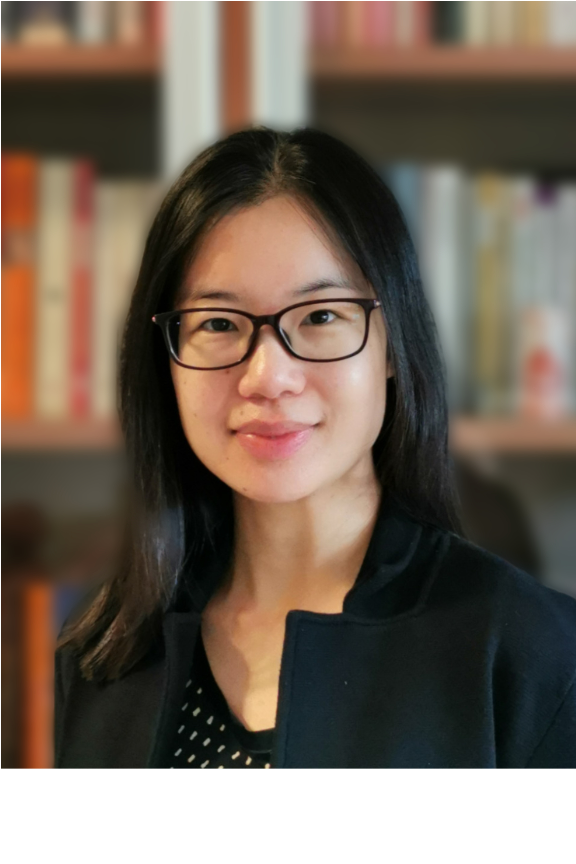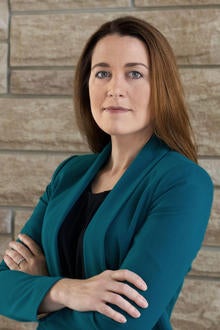This page was last updated April 30, 2025
Arts
 Neil RandallExecutive Director, English Language and Literature |
 Adan Jerreat-PooleCommunication Arts |
 Brianna WiensEnglish Language and Literature |
 Colin EllardPsychology |
|
|
 Clara ColombattoPsychology |
 Daria HoHistory |
 Daniel HarleyStratford School of Interaction Design and Business |
 Gerald VoorheesCommunication Arts |
 Ian MilliganHistory |
|
Igor GrossmannPsychology |
Jennifer R. WhitsonStratford School of Interaction Design and Business |
 Karen CochraneStratford School of Interaction Design and Business |
 Ken HirschkopEnglish Language and Literature |
Kristina LlewellynSocial Development Studies |
 Lai-Tze FanSociology and Legal Studies |
 Leah Zhang-KennedyStratford School of Interaction Design and Business |
 Lennart NackeStratford School of Interaction Design and Business |
 Marcel O'GormanEnglish Language and Literature |
 Mina MomeniCommunication Ar |
 Marina GallagherMusic |
 Randy HarrisEnglish Language and Literature |
 Shana MacDonaldCommunication Arts |
 Steven BednarskiHistory |
 Susan RoyHistory |
|
 Will ZhaoStratford School of Interaction Design and Business |
Engineering
 Mark HancockAssociate Director, Management Science and Engineering |
|
|
|
 Jason GroveSystems Design Engineering |
|
|
 John Edison Muñoz CardonaSystems Design Engineering (Adjunct) |
|
|
 Oliver SchneiderManagement Science and Engineering |
|
|
 Kerstin DautenhahnElectrical and Computer Engineering |
 Kami VanieaElectrical and Computer Engineering |
 Sharon FergusonManagement Science and Engineering |
 Sharlene HeConrad School of Entrepreneurship and Business |
Environment
 Derek T. RobinsonGeography and Environmental Management |
 Susan ElliottGeography and Environmental Management |
|
|
 Michael DrescherSchool of Planning |
Health
|
|
|
|
|
|
|
Luke R. PotwarkaRecreation and Leisure Studies |
Michael Barnett-CowanKinesiology and Health Sciences |
Math
 Anita LaytonApplied Mathematics |
Ben FengStatistics and Actuarial Science |
|
|
 Daniel VogelCheriton School of Computer Science |
|
|
 Jesse HoeyCheriton School of Computer Science |
The School of Optometry and Vision Science
|
|
Postdoctoral Fellows
Eugene Kukshinov
Stratford School of Interaction Design and Business
Eugene is a postdoctoral fellow working with Dr. Lennart E. Nacke. He focuses on media psychology research, including areas of presence and immersion studies, media psychology issues (such as media identity, and representation), and analysis of Russian hegemonic discourses. You should talk to Eugene if you want help with the conceptualization/categorization or design parts of your research projects or of you like ping pong, tabletop/video games, sports, and movies. Learn more about Eugene - eugenekukshinov.com.
Geneva Smith
Stratford School of Interaction Design and Business
Geneva is a postdoctoral fellow in the HCI Games Group and TouchLab. She received her Ph.D. in Software Engineering from McMaster in 2023, where she worked in the G-ScalE Lab in the Department of Computing and Software developing methods for acknowledging and limiting subjectivity in CME development to improve their reusability, maintainability, and verifiability. The core goal of her research, funded through the Provost's Program for Interdisciplinary Postdoctoral Scholars, is to examine the relationship between the programmed system, user interaction, and a user's perception of Interactive Digital Narratives (IDNs) to guide IDN development processes and tools for satisfying pro-social learning experiences.
Kimi Ce Zhong
Cheriton School of Computer Science
Kimi is a postdoctoral fellow at the WatVis Lab at the University of Waterloo. Advised by Dr. Jian Zhao, his current research is to creatively utilize AI as a design material to physicalize digital sound data. He is doing this by conducting more-than-human-oriented studies in designing with the gathered (non)human things and deploying the physicalized thing to entangle the cohabited everyday (non)humans. Kimi received his Ph.D. degree from the Everyday Design Studio at Simon Fraser University. Advised by Dr. Ron Wakkary, Dr. Willams Odom, and Dr. Mikael Wiberg, the overarching goal of his doctoral study is to progressively develop shared qualities of shape-changing things through the lens of the Materiality of Interaction. To this end, he constructed three novel dynamic physical forms by designing with the gathered materials and tools at hand. With these resources, he collected rich new organic empirical data by conducting long-term field studies in everyday settings. The shared qualities are suddenness, versatileness, and creatureness, which explicitly extend former discussions on the affordances of shape changes in design and HCI.
Before pursuing his research potential, Kimi worked at multinational corporations to improve people’s everyday lives by designing technological commercial products, which span from household appliances to medical devices to transportation equipment. These research-oriented design projects have won more than ten top-tier international design awards, which include the Red Dot Design Award: Best of the Best, iF Design Award, and International Design Excellent Award. Research Interests: Human-computer Interaction; Interaction Design; Industrial Design; Research through Design; More-than-Human Design; The Materiality of Interaction, AI; Data Physicalization; Temporality; Shape-Changing Interfaces; Everyday Design.
Omar Alburaiki
Mechanical and Mechatronics Engineering
Omar is a researcher and term-defined professor in the Department of Mechanical and Mechatronics Engineering at the University of Waterloo. His research focuses on machine intelligence, human-computer/robot interaction, AI/ML-enabled robotic vision and control, autonomous systems, intelligent state estimation, multi-robot systems, 2D/3D SLAM, and haptics. With over a decade of experience at both Canadian and international institutions, he has made significant contributions to both industry and academia. His work includes the development of intelligent task allocation algorithms and nonlinear control techniques for multi-robot systems, as well as the application of AI/ML technologies to advance machine intelligence and robotic vision.
Learn more about Omar on his UW profile.




















